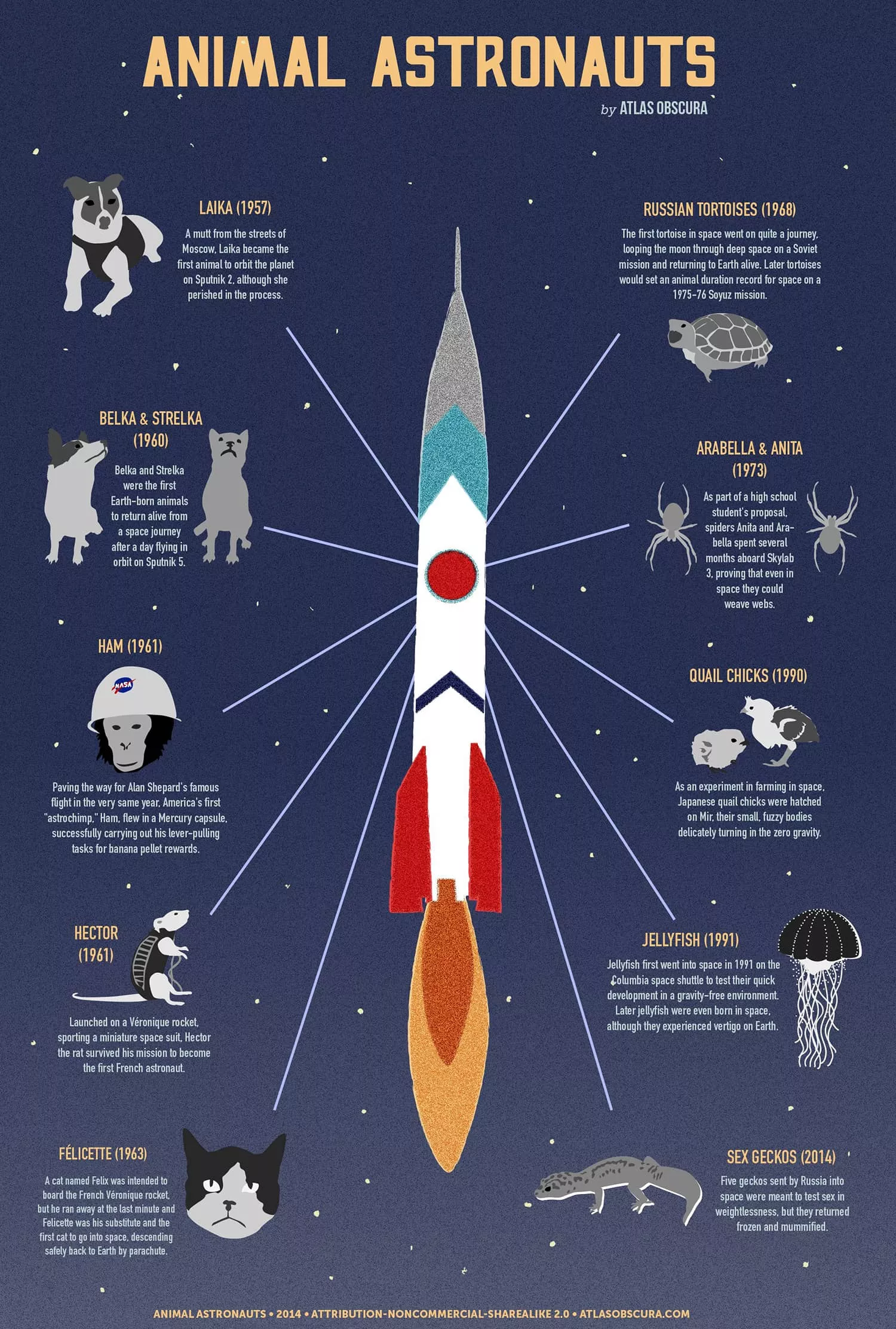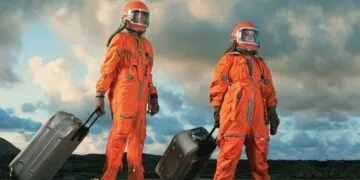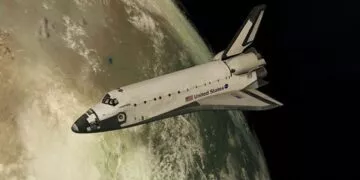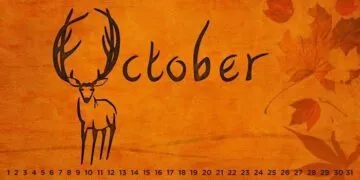Did you know that animals have been physically exploring space long before humans ever got the first chance to?
It’s totally true! These animal astronauts were experiments conducted by scientists to make sure that it was safe for humans to make the same trips all by themselves.
I know it sounds mean, but at least they sent a few “non-animal” crafts up there first to test the… erm, waters?
Anyway, moving swiftly on, the first-ever animal to head off into space was a dog that scientists called Laika.
On November 3, 1957, Laika the dog became the first animal to orbit the Earth, aboard the Soviet spacecraft Sputnik 2.
Since then, we have seen felines, reptiles, primates, and even creepy crawlies like spiders become astronauts too.
There’s no doubt about it, we seem to love launching our furry friends into the skies, but I have to ask, whatever will be next?
This fun InfoGraphic below was created by Atlas Obscura, and it highlights some of the most popular animal astronauts of all time.
Check them out, and let us know if your lost pet made it to the list!
Animal Astronauts
Although some missions have gone incredibly well, there have been some that ended in disaster and were fatal.
Either way, we take our hats off to the hero animal astronauts that have made it possible for humans to “boldly go where no human has gone before.”



















